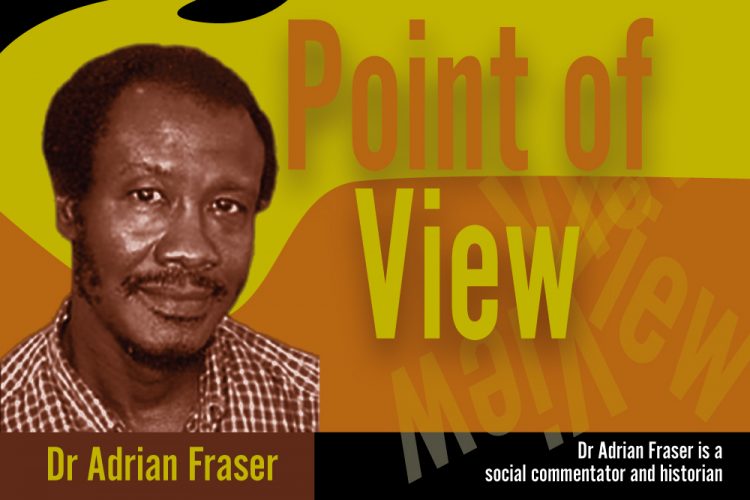Ting Nice Agen

After an absence of two years because of the COVID-19 pandemic Vincy Mas will return later this evening with the calypso semi-finals where 22 calypsonians will vie for 10 places in the finals.
The CDC through its Coordinator of Shows, Anthony Dennie, is predicting an energetic carnival, no doubt based on his expectations of the Soca competitions for which he claims Vincies “know how to do it” and our soca “is hard to match.” He noted a swing to soca based on the number of entrants among the youngsters. But to calypso lovers, calypso is very much alive. In fact, the Minister of Culture noted on his Facebook page after a visit to the “On Tour” calypso tent that “Calypso is certainly on the rise again. Thank you to On Tour Calypso Tent for delivering this evening, good luck on your picks to the semis.”
A lover of calypso was quite enthusiastic. She reminded us that Calypso music tells the stories of the Caribbean unlike any other. “It is the music we use to express how we feel about everything. Calypsonians were the original social commentators, the original agitators, the original poets, story tellers and of course the original entertainers. Lets preserve the art form.” The “News” newspaper in its editorial column on June 17 had two pieces of caution to the calypsonians. With reference to People Power in Calypso it urged the calypsonians to organise their own competition ensuring that the judging criteria and technical arrangements are to their total satisfaction. It reminded them of differences in the past about sound mixing on semi-finals and night of the finals. It also pulled out Gao, warning him “that while they should be totally free to comment on situations, they should not change or twist history to satisfy some grand impression.”
The calypsonian was traditionally an oral historian. If one looked at the first fifteen years of calypsos by Sparrow who at one time used to produce an album every year you could almost write a political history of Trinidad and Tobago for that period- Remember “the Solomon Affair,” “Leave the Damn Doctor”, “William the Conqueror,” “No Doctor No.” But it was not only the political history. He highlighted other issues, “Capitalism Gone Mad”, “Martin Luther King”, “Russian Satellite,” “Kennedy Can Handle Them,” “Ah Fraid The Aids.” I use Sparrow because copies of the lyrics of 100 of his calypsos up to the 1980s had been printed.
At the heart of calypso is its social and political commentary. For commentators who trace the birth of the calypso to Africa through the slaves on Caribbean plantations, there are many examples here in SVG of slaves using the double-entendre to lampoon the slave masters, singing songs that had a double meaning which the planters didn’t understand but which the slaves did. In more recent times we have had the banning of calypsos, the chairman of the CDC pulling the plug connecting the microphone to the VIP stand when a calypso critical of the government was being sung. For those listening on air the radio station would develop technical problems at certain times. There were also cases of interference with the lighting and the sound. We should remember the case of De Man Age after he sung “This Society Needs Spectacles”, but he stuck to his singing guns!
At one time before soca arrived, the calypsonian was expected to sing a song geared to the road and another amounting to social commentary. One looks now to Soca to provide the tunes for the road. It means that calypsonians will increasingly be focusing on social and political commentary or on highlighting stories of events. In an address to calypsonians at the UWI Centre in 1988, I said that “humour seems to have gone out of the Calypso and we seem to have forgotten that social and political commentary can be done in a lively and humorous way.” Abijah objected and was critical of it in one of his calypsos. Today I laugh because Abijah is now the best exponent of the point I had been making. He tells his story in a humorous way and in so doing captures his audience. This is to my mind the key to Abijah’s success. Before him there was Poorsa. Remember his “Mouth in me Moma” and his “Eyewater”. So Abijah keep it that way even though “Who put dem deyso done dead”!
Dr Adrian Fraser is a social commentator and historian









